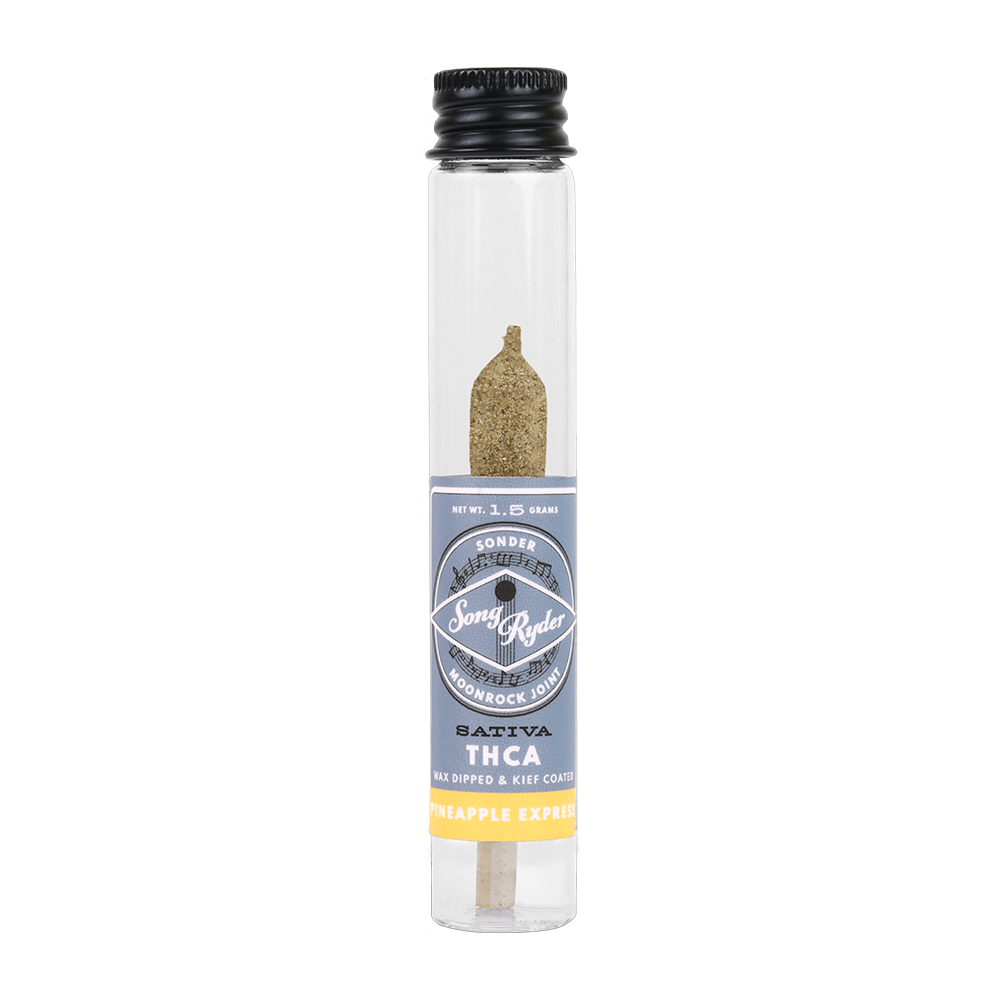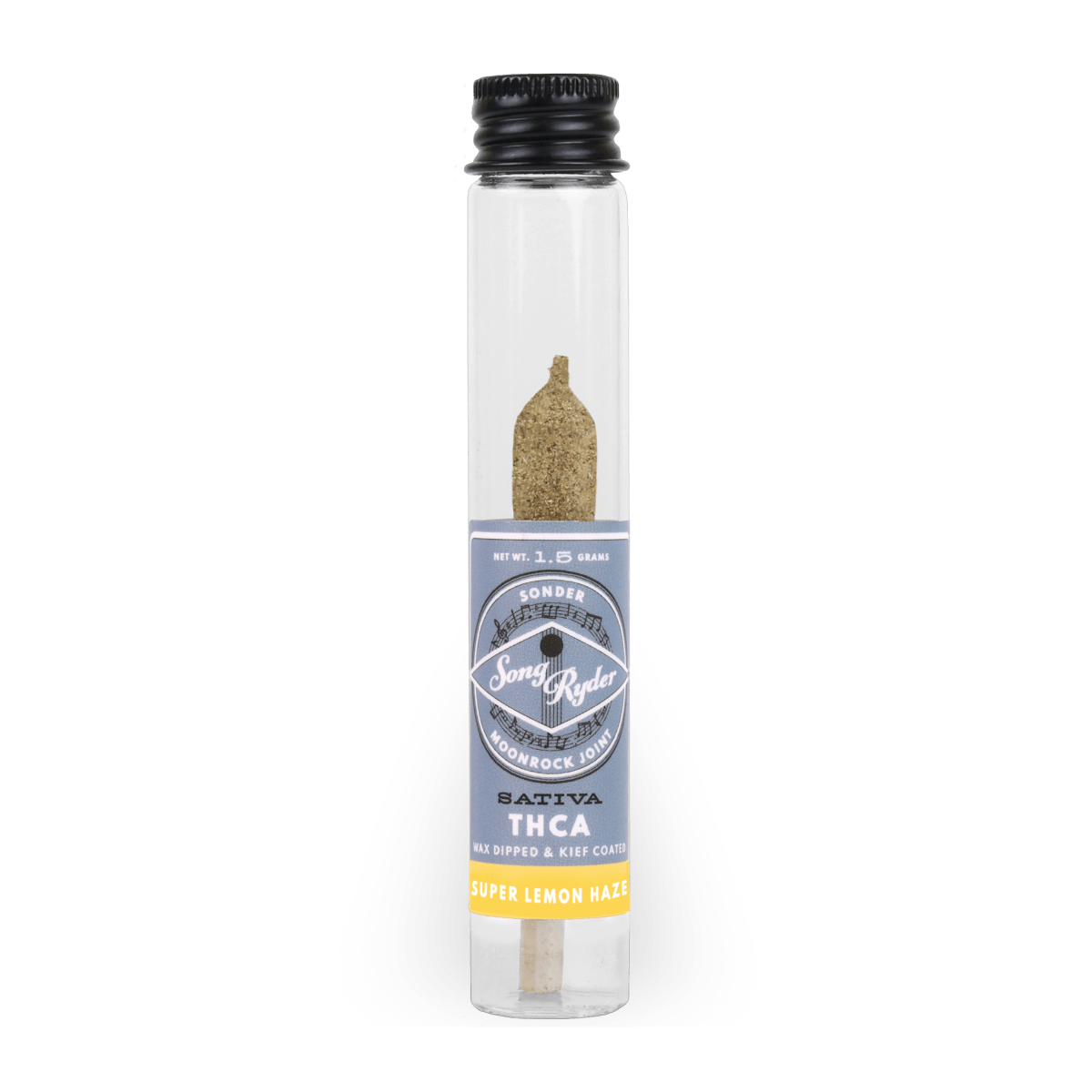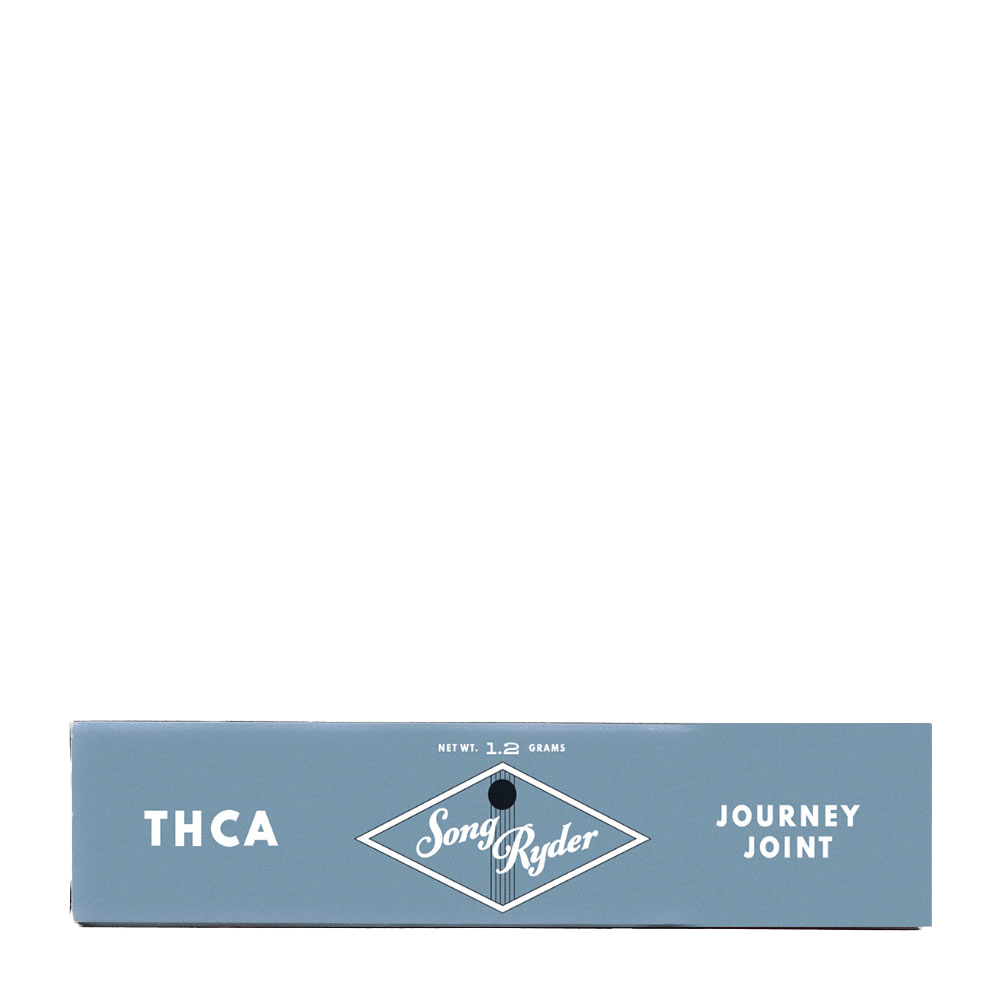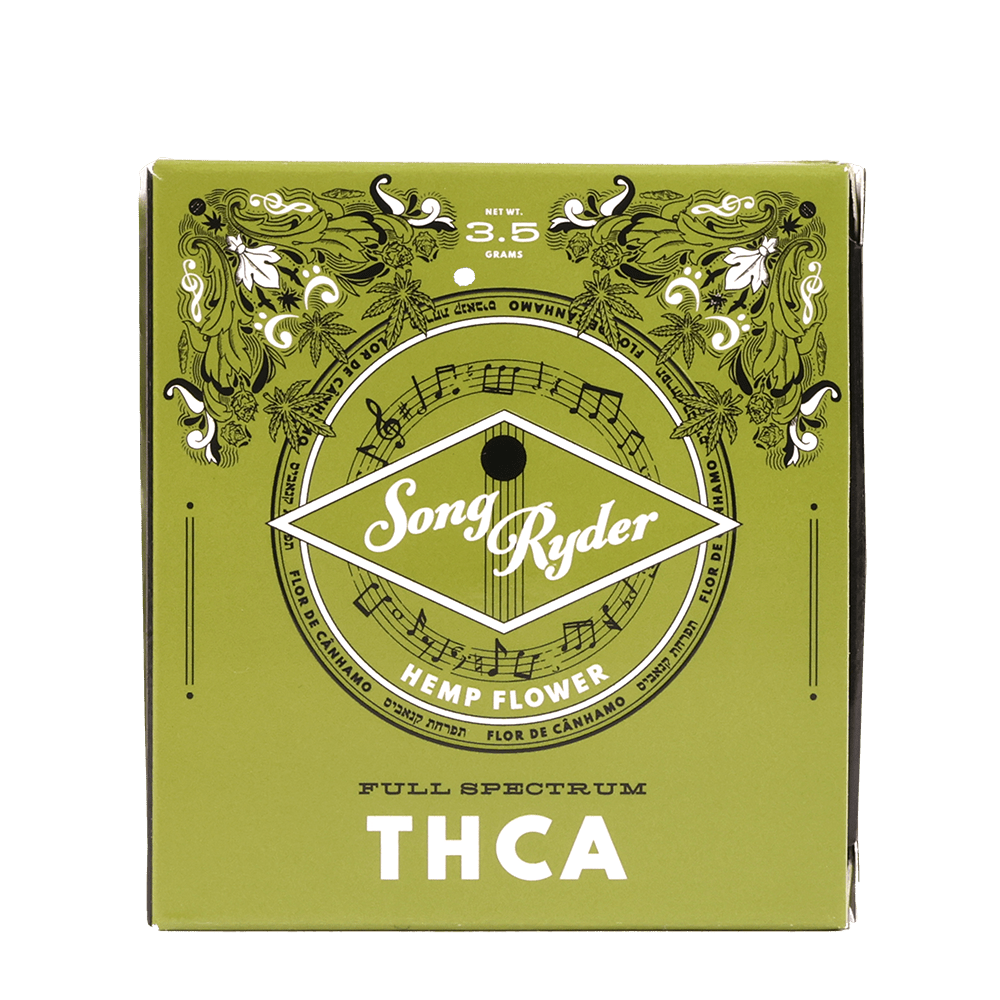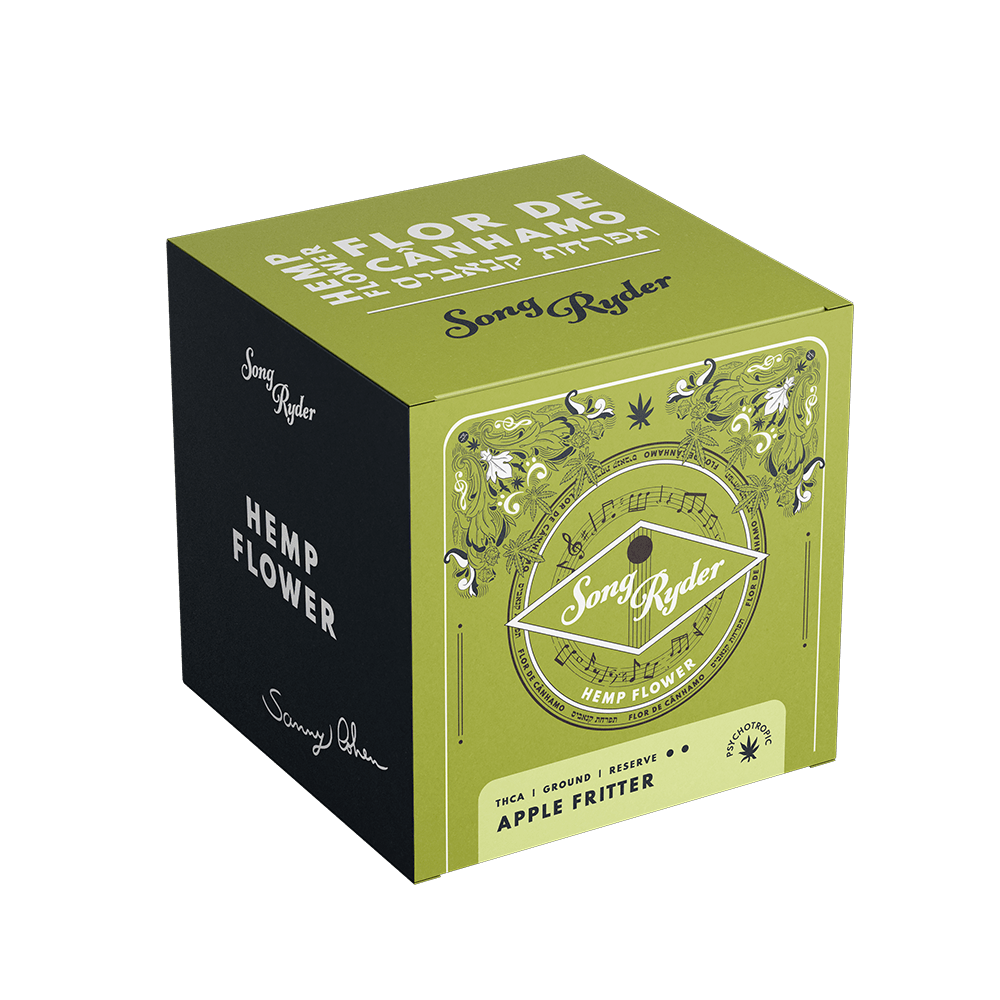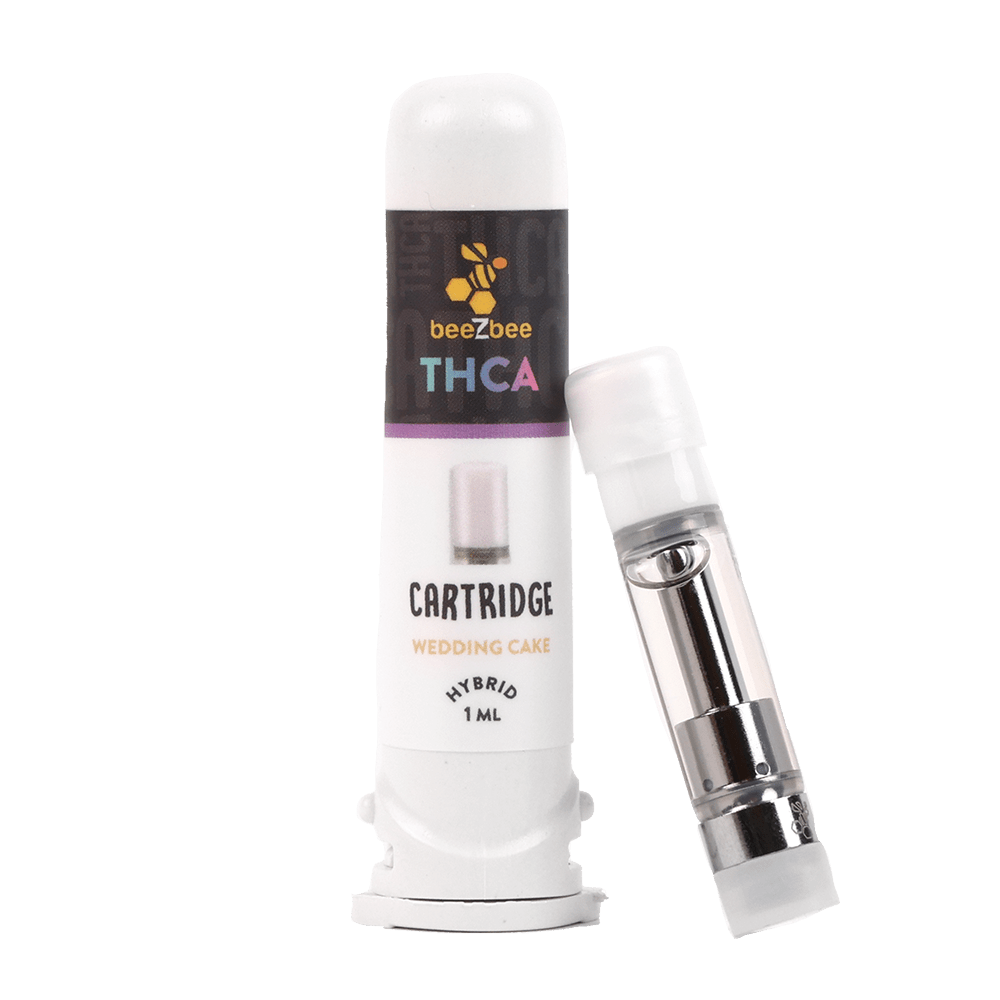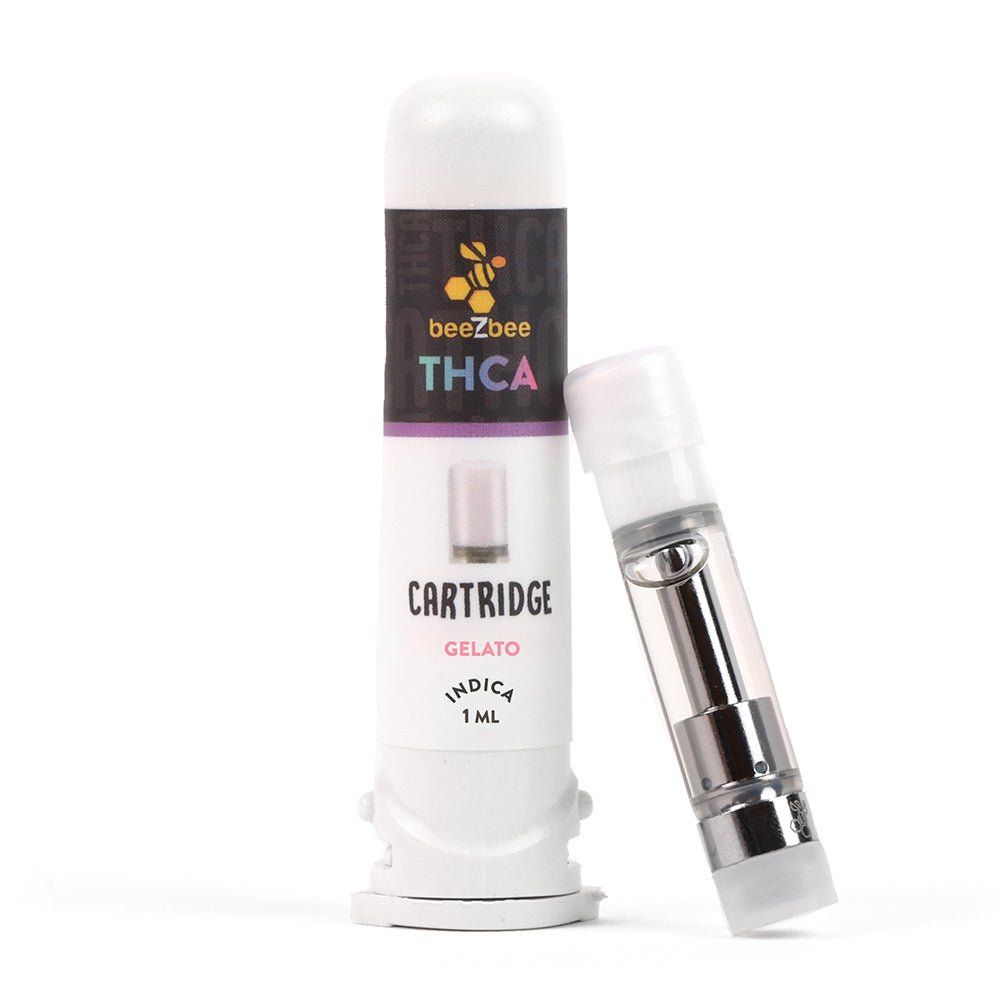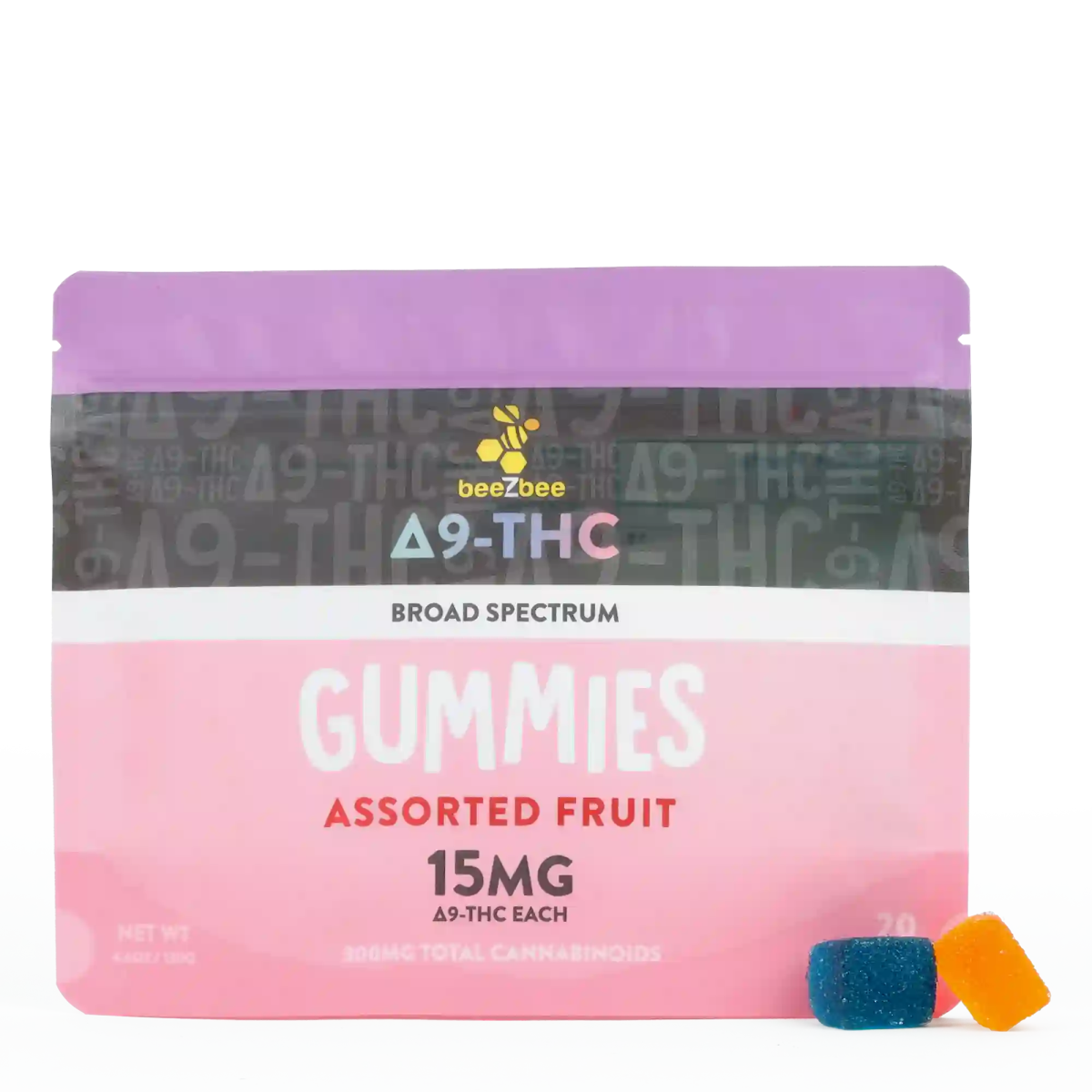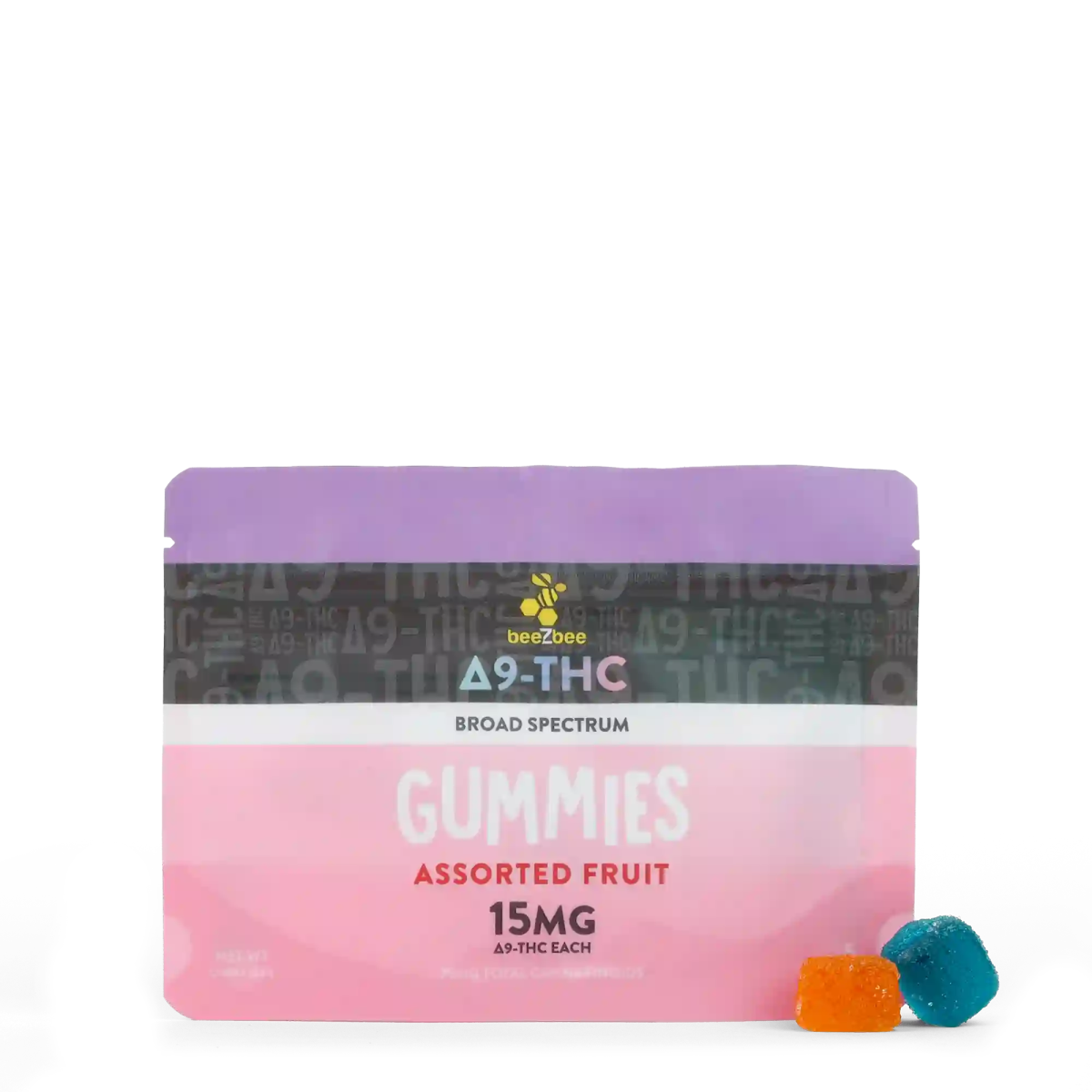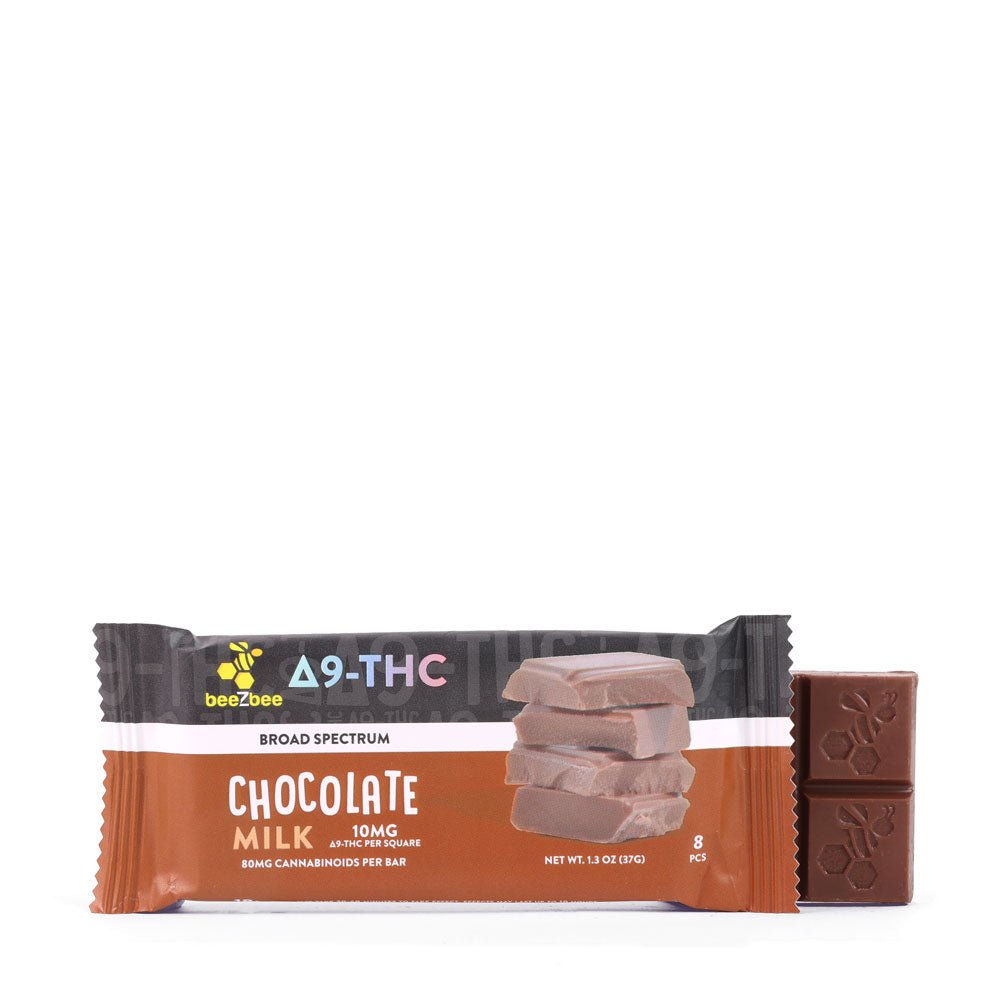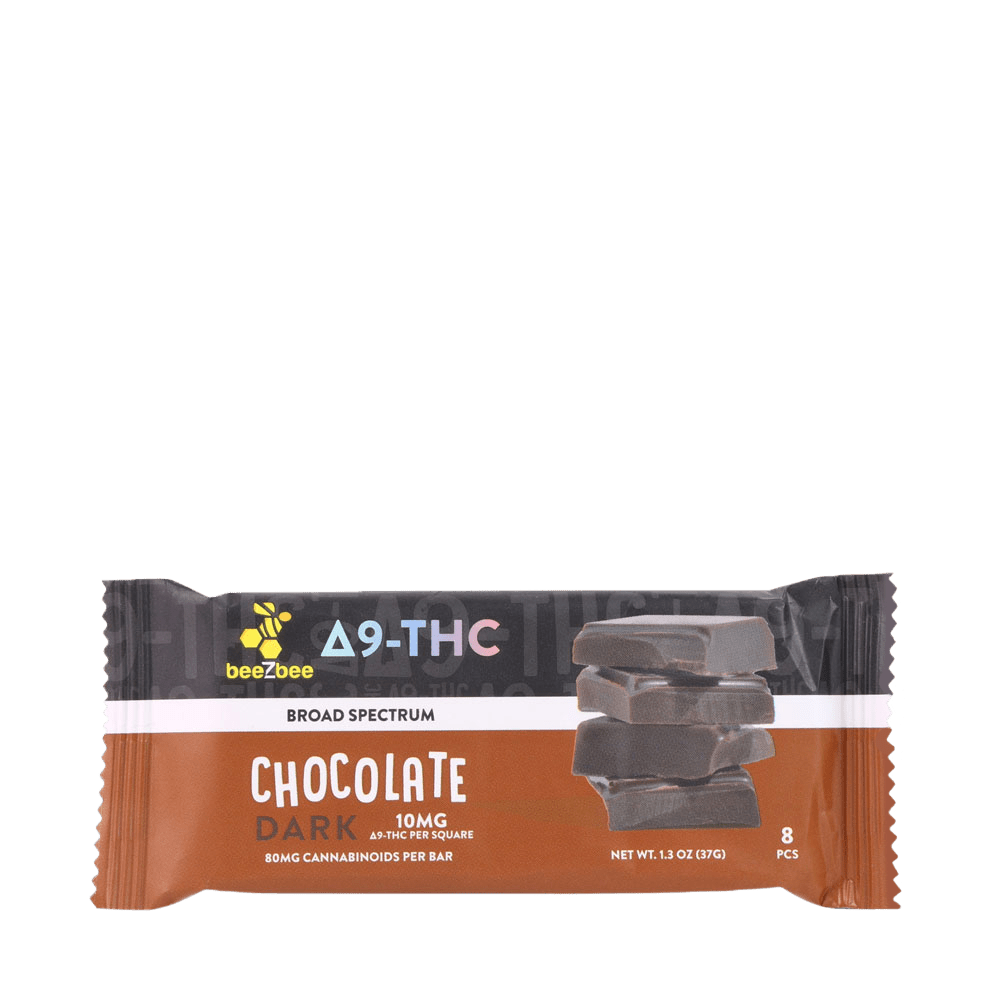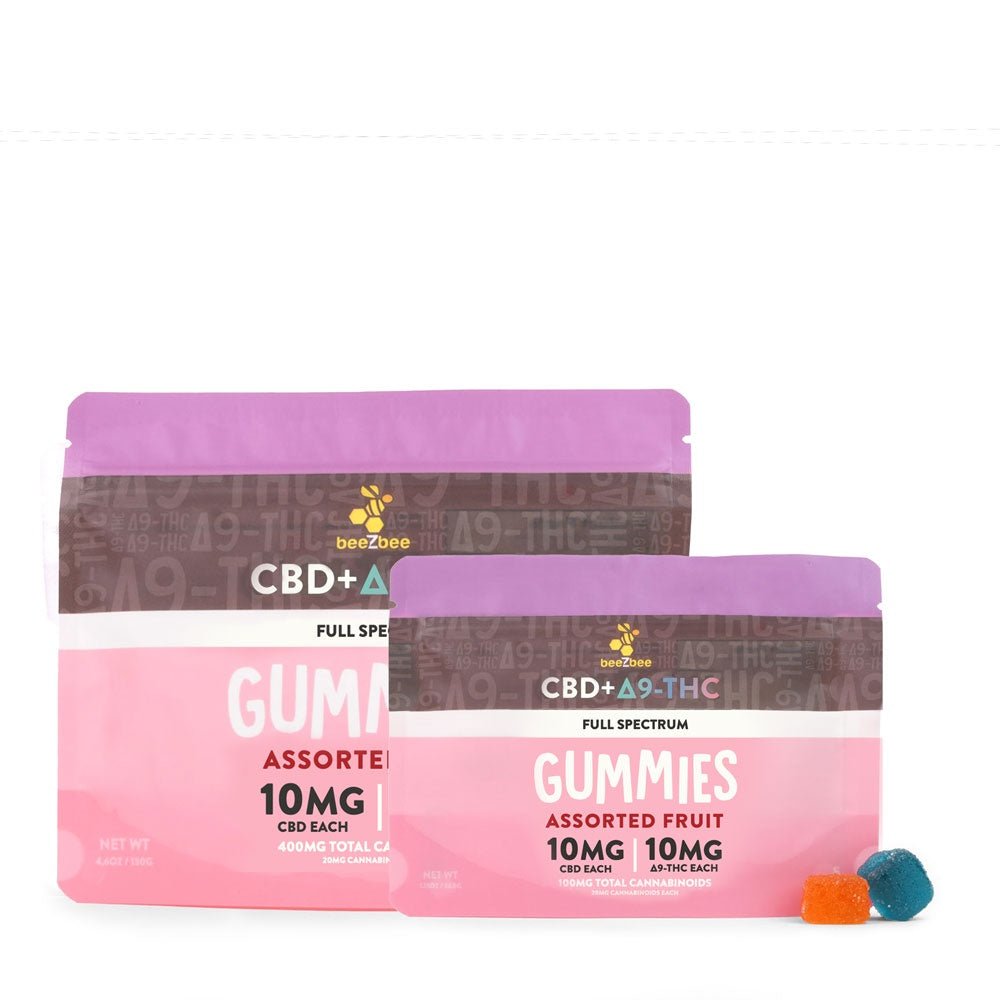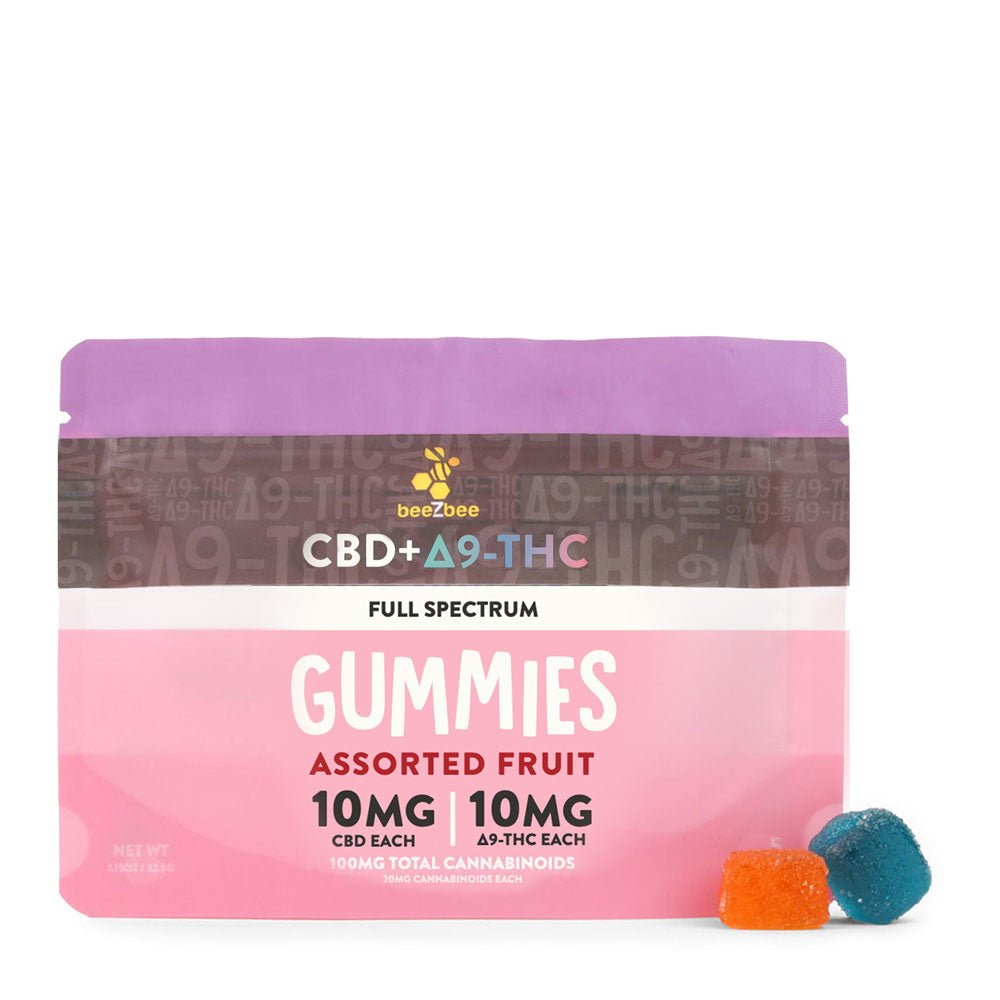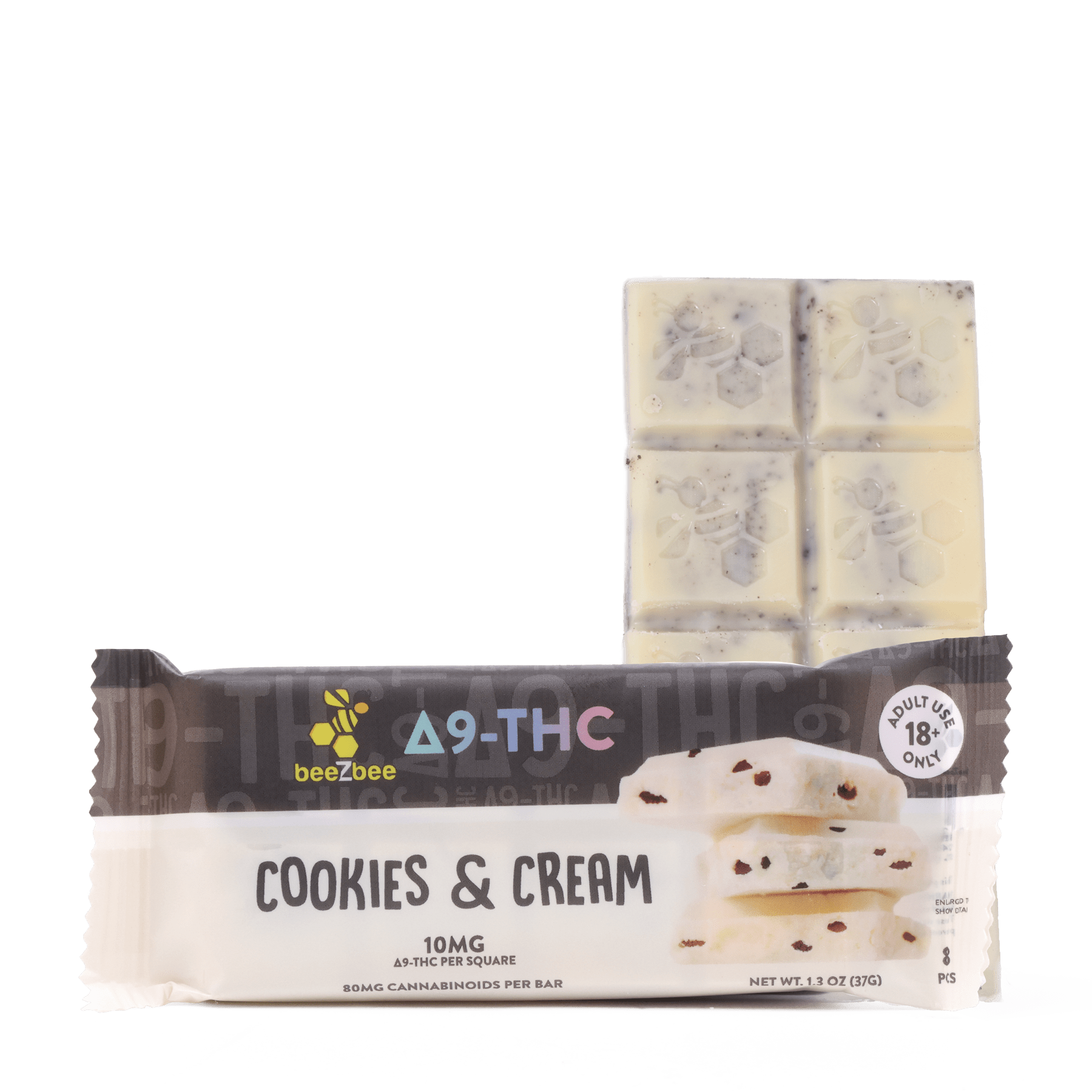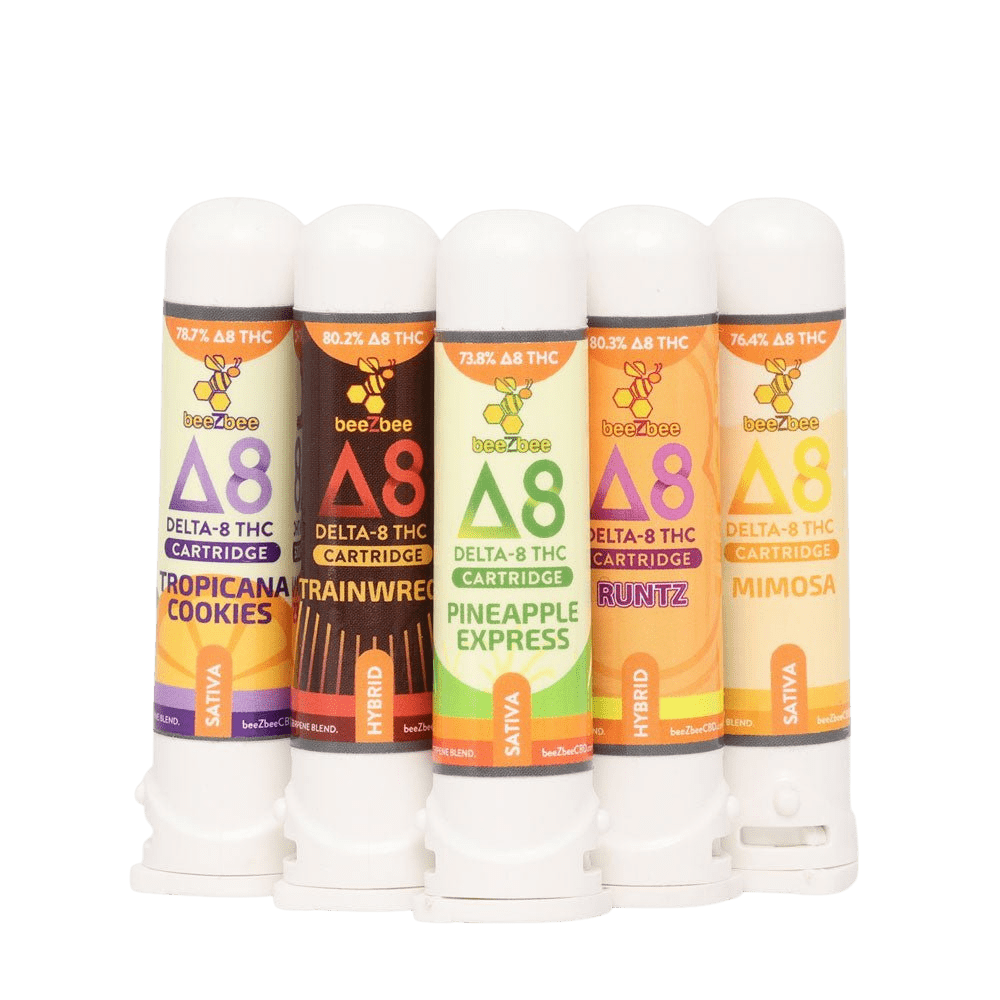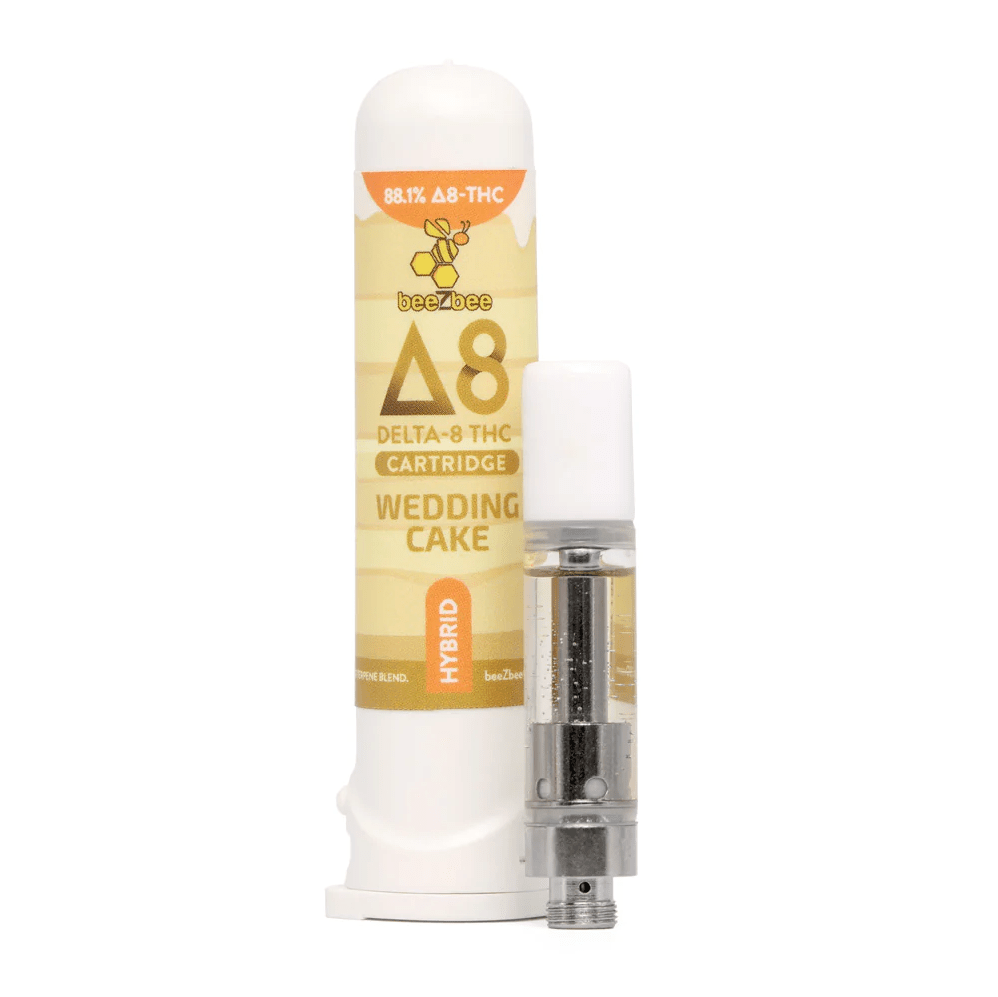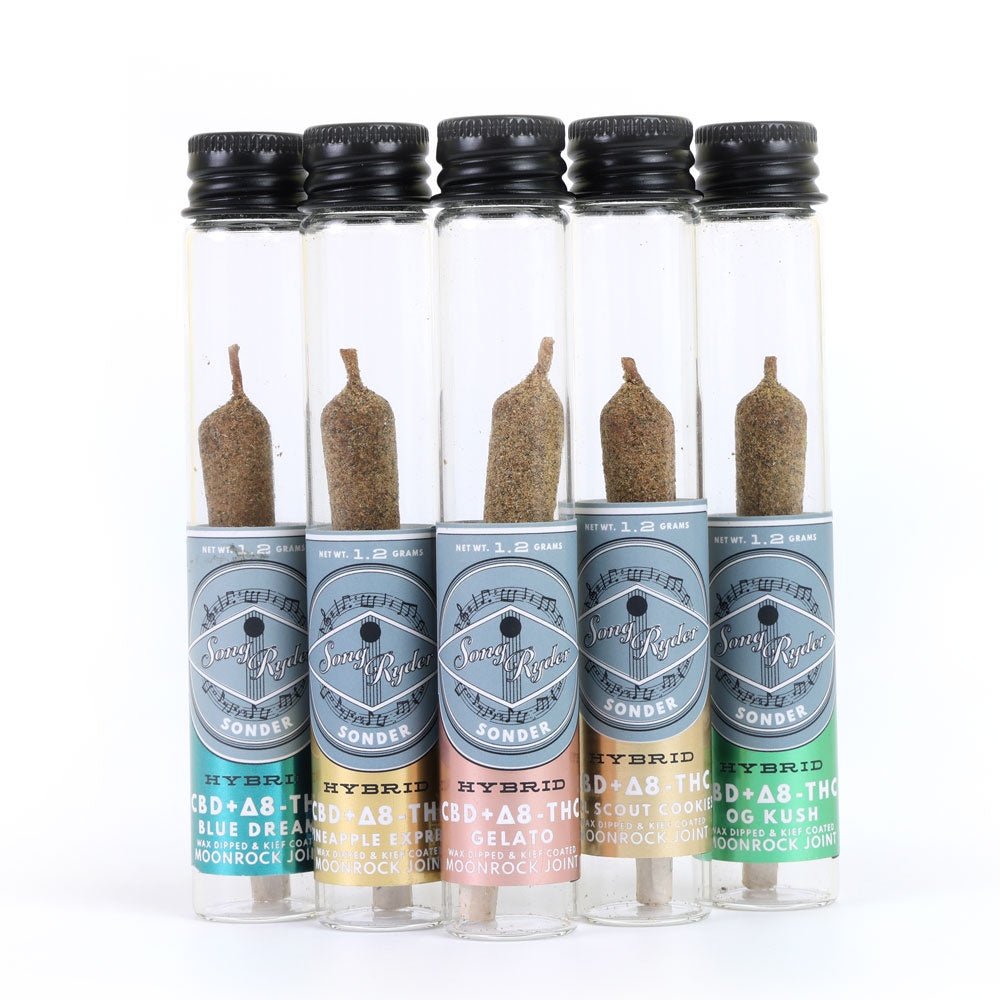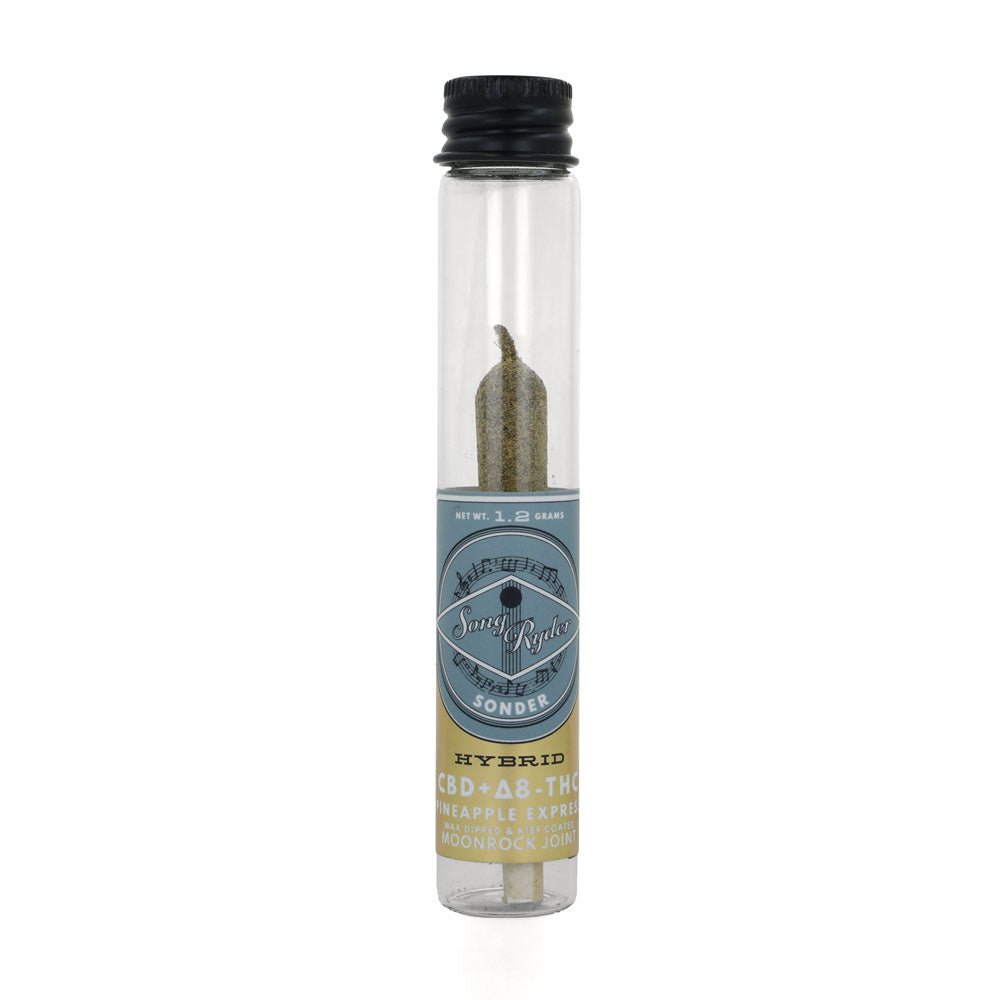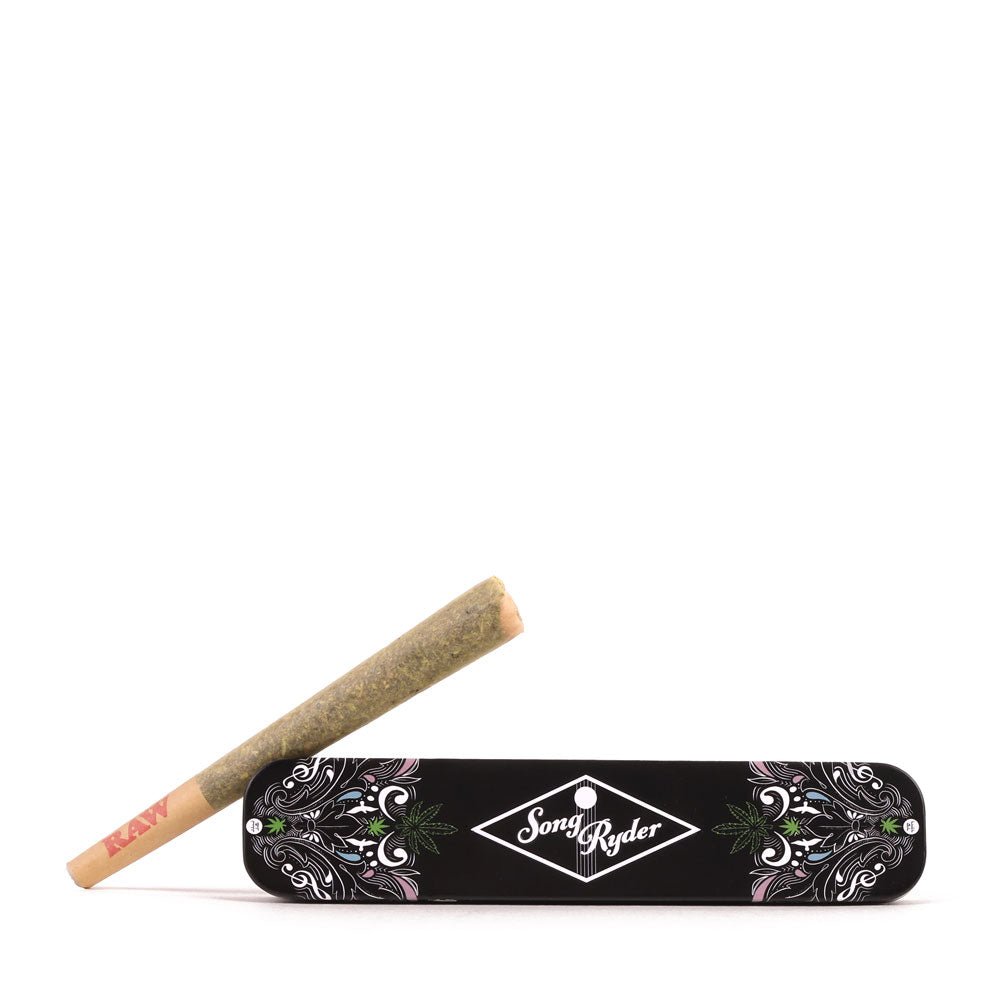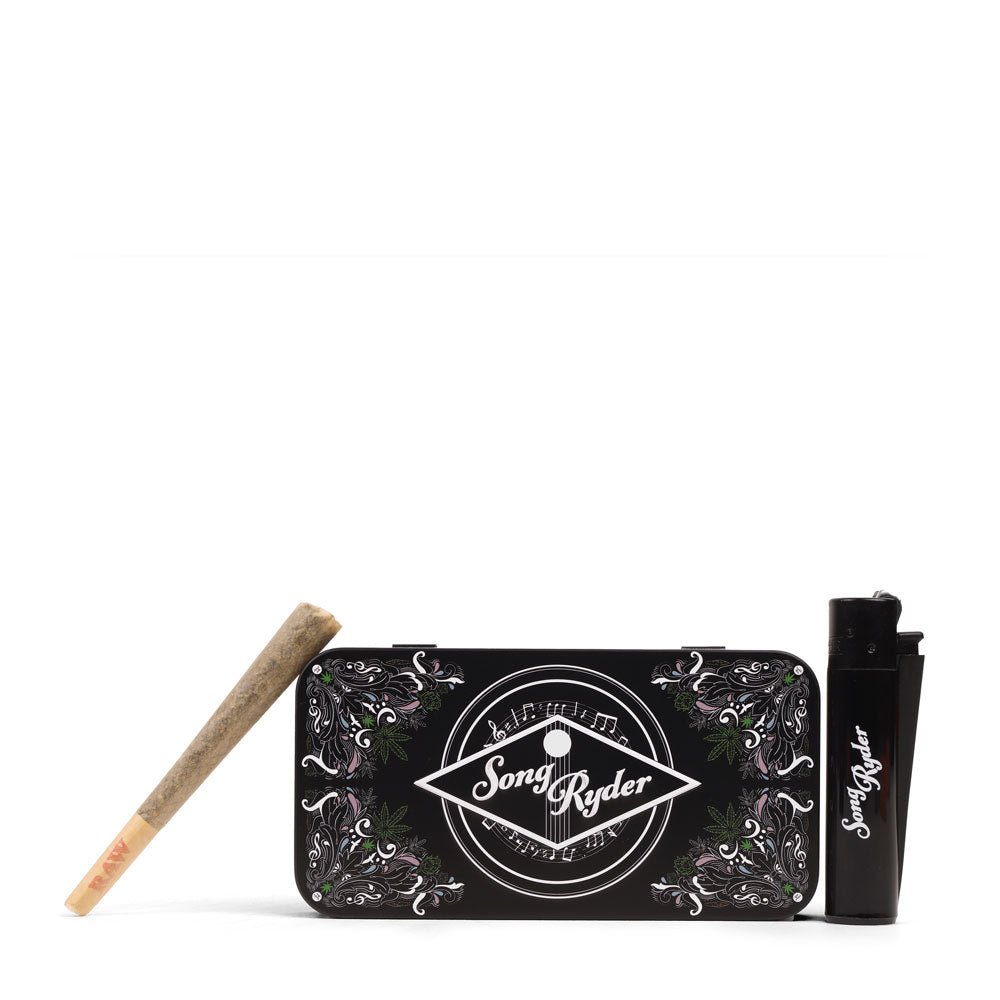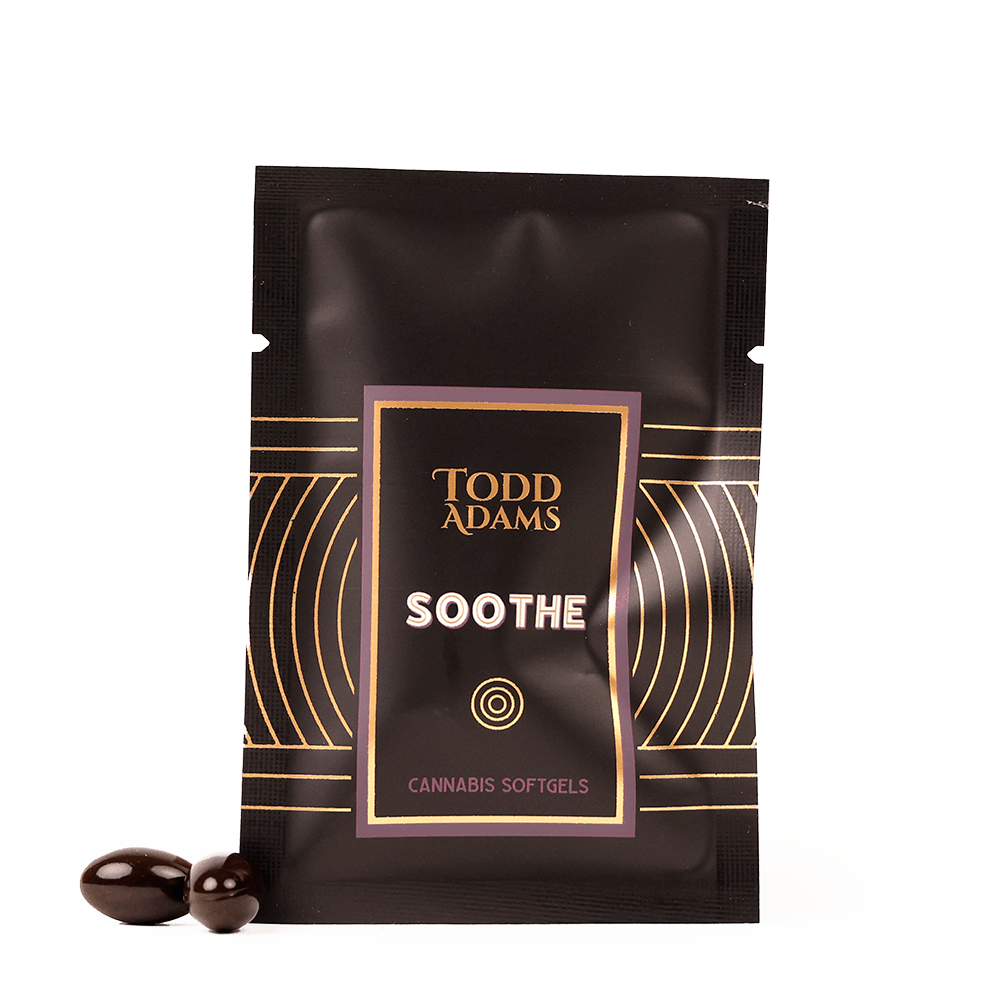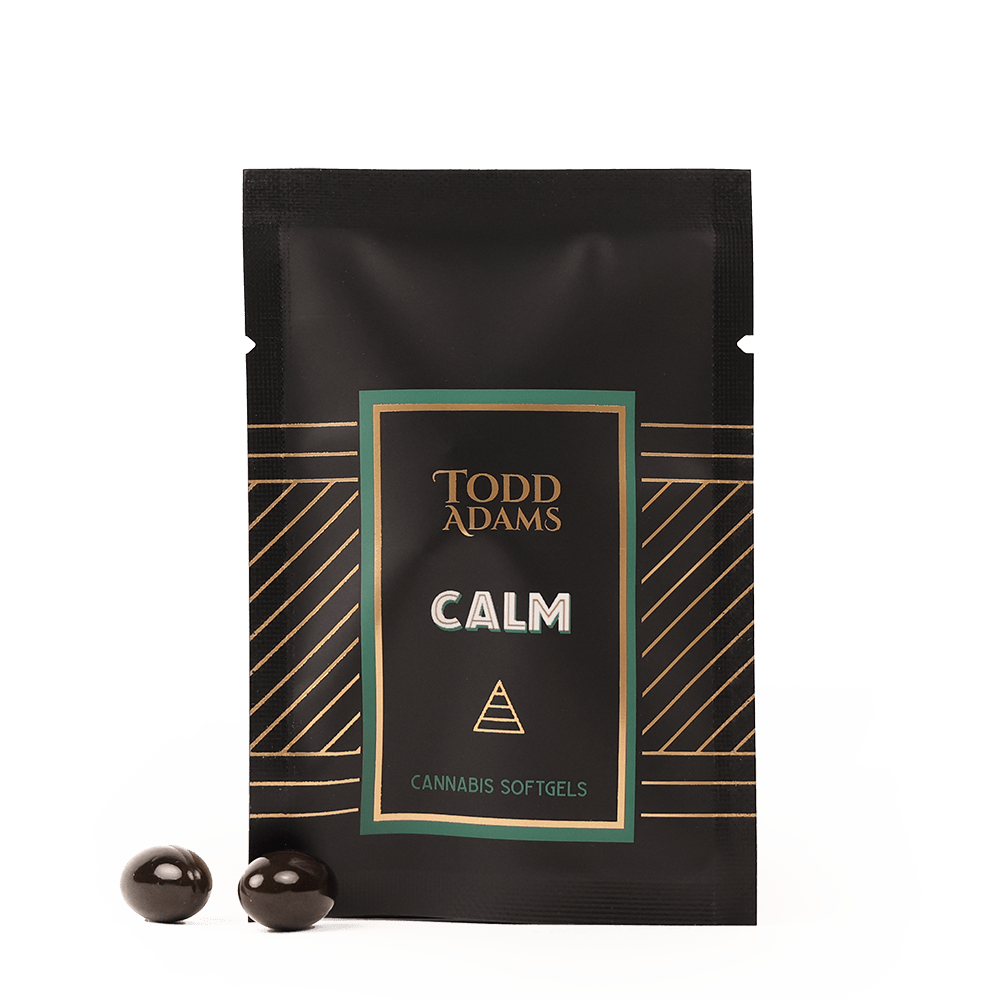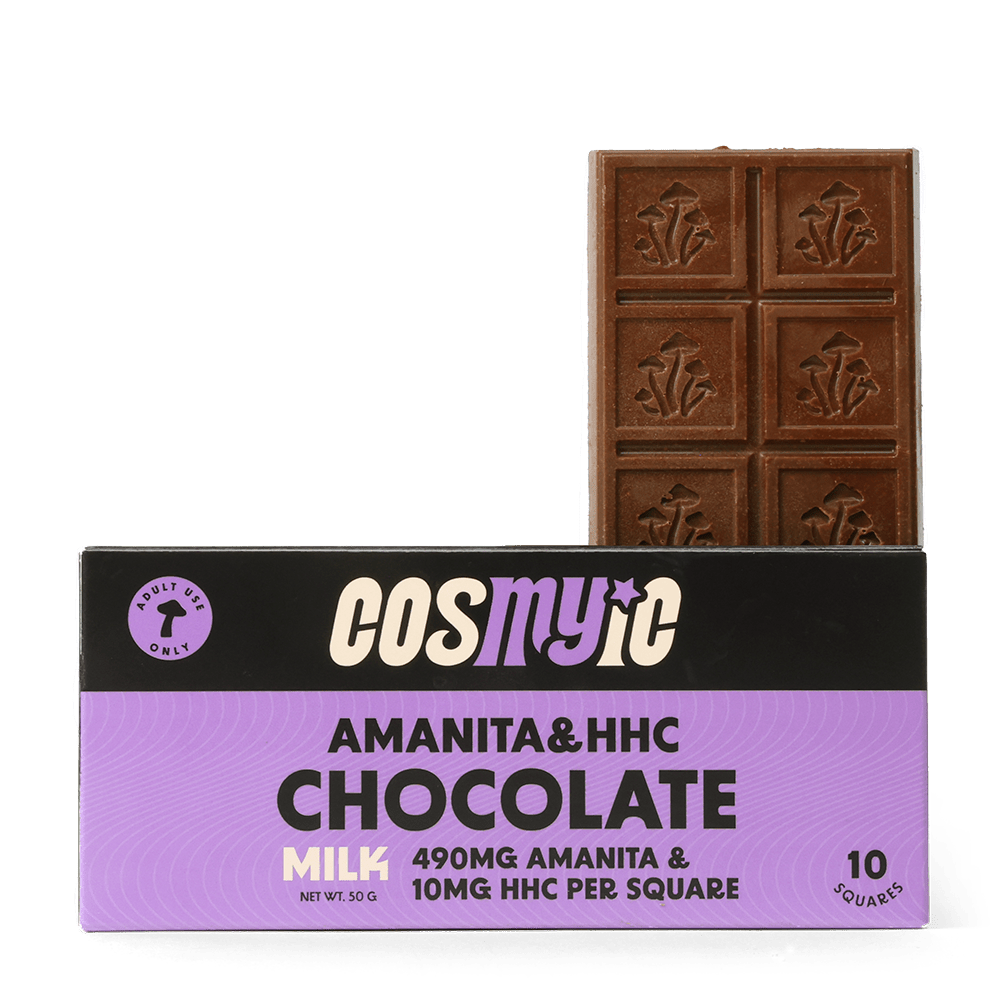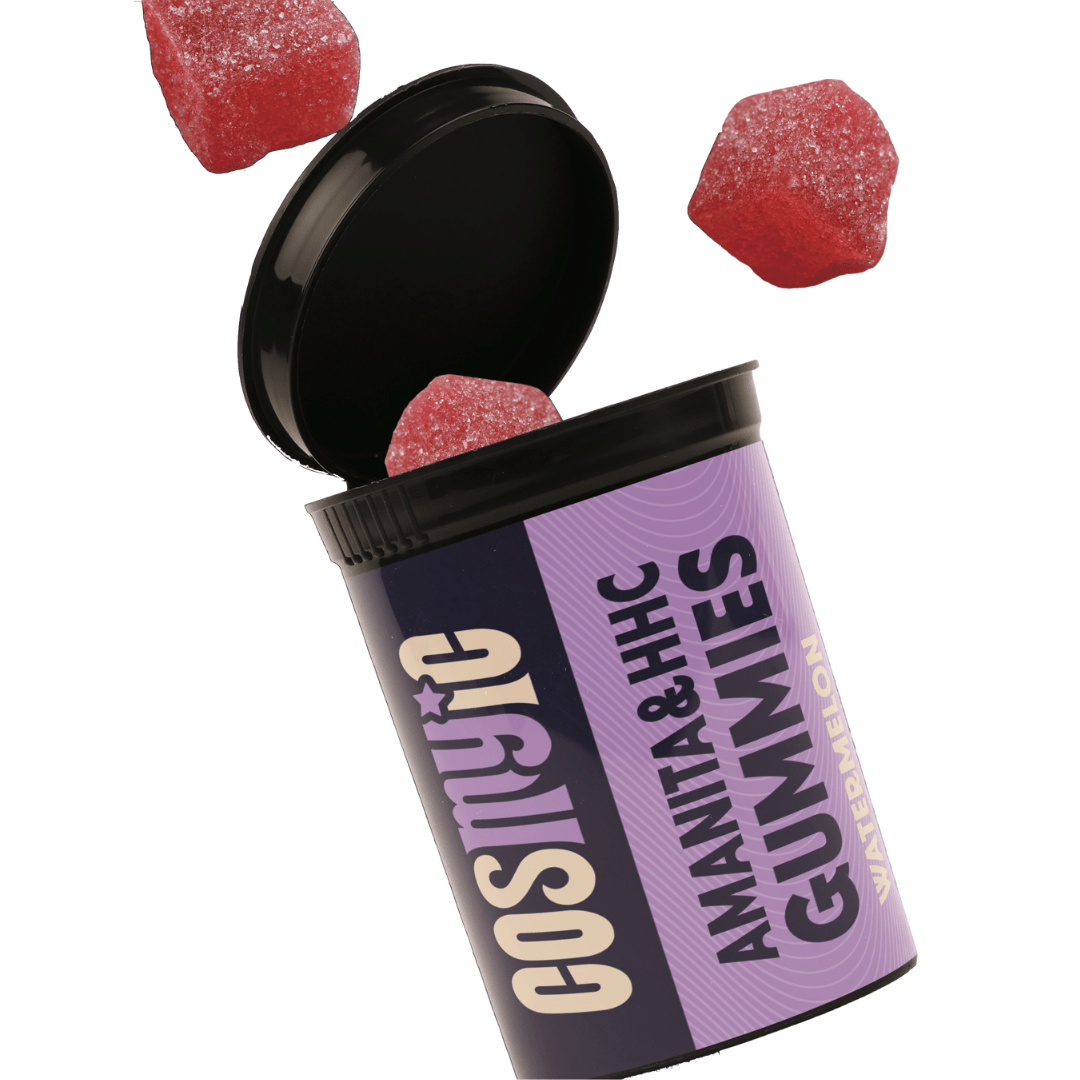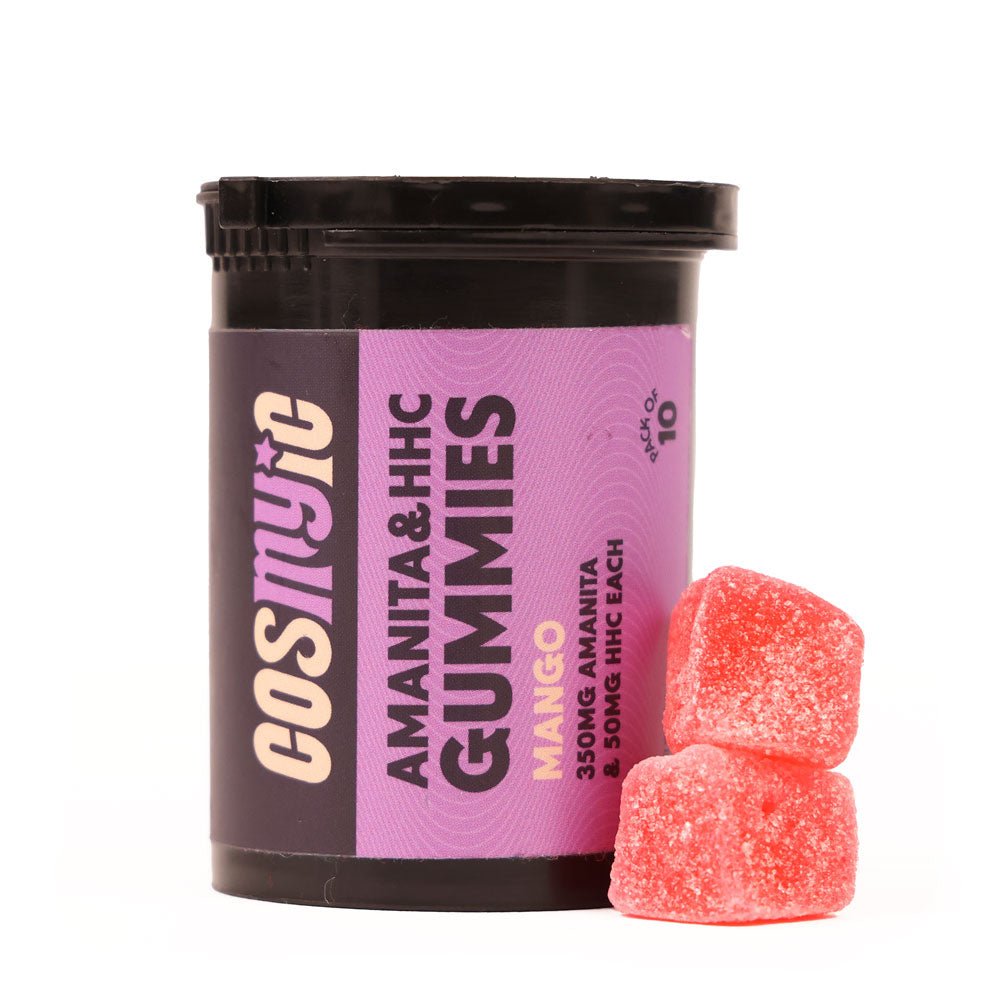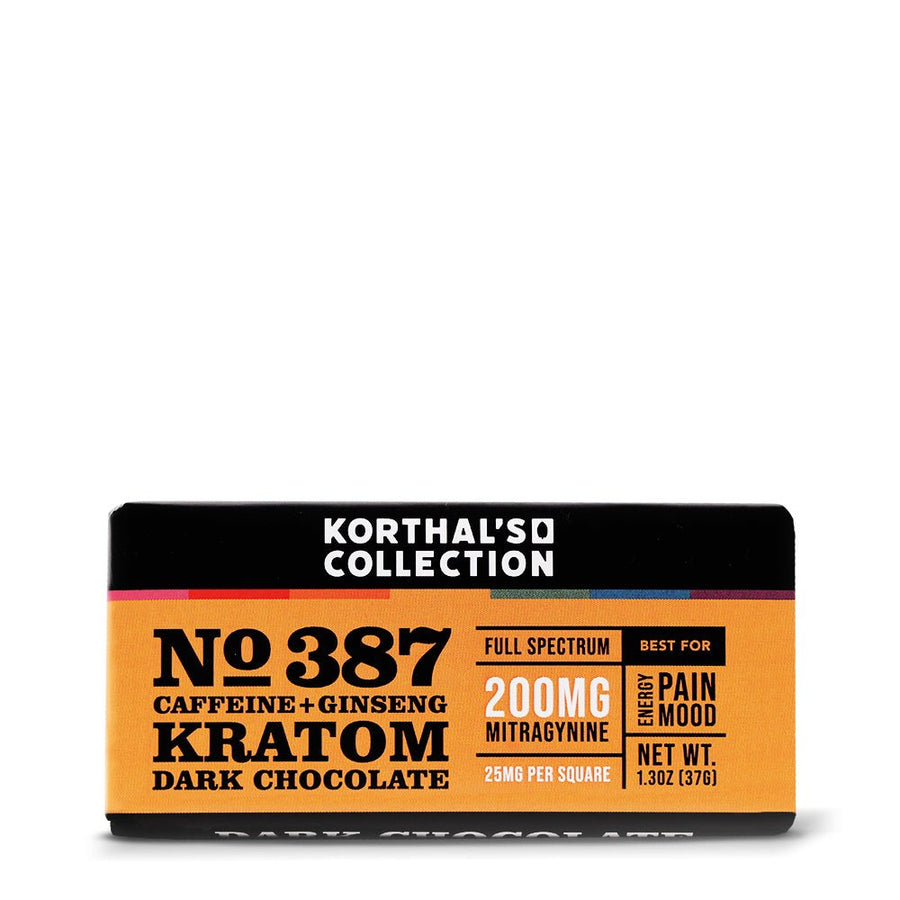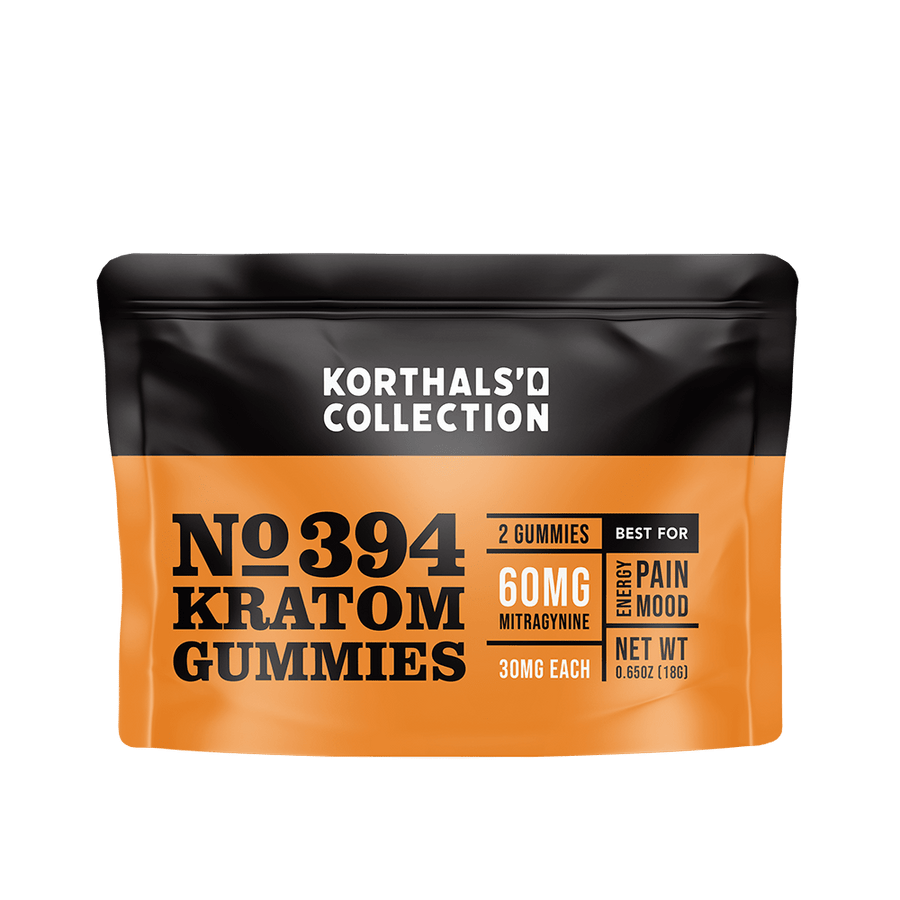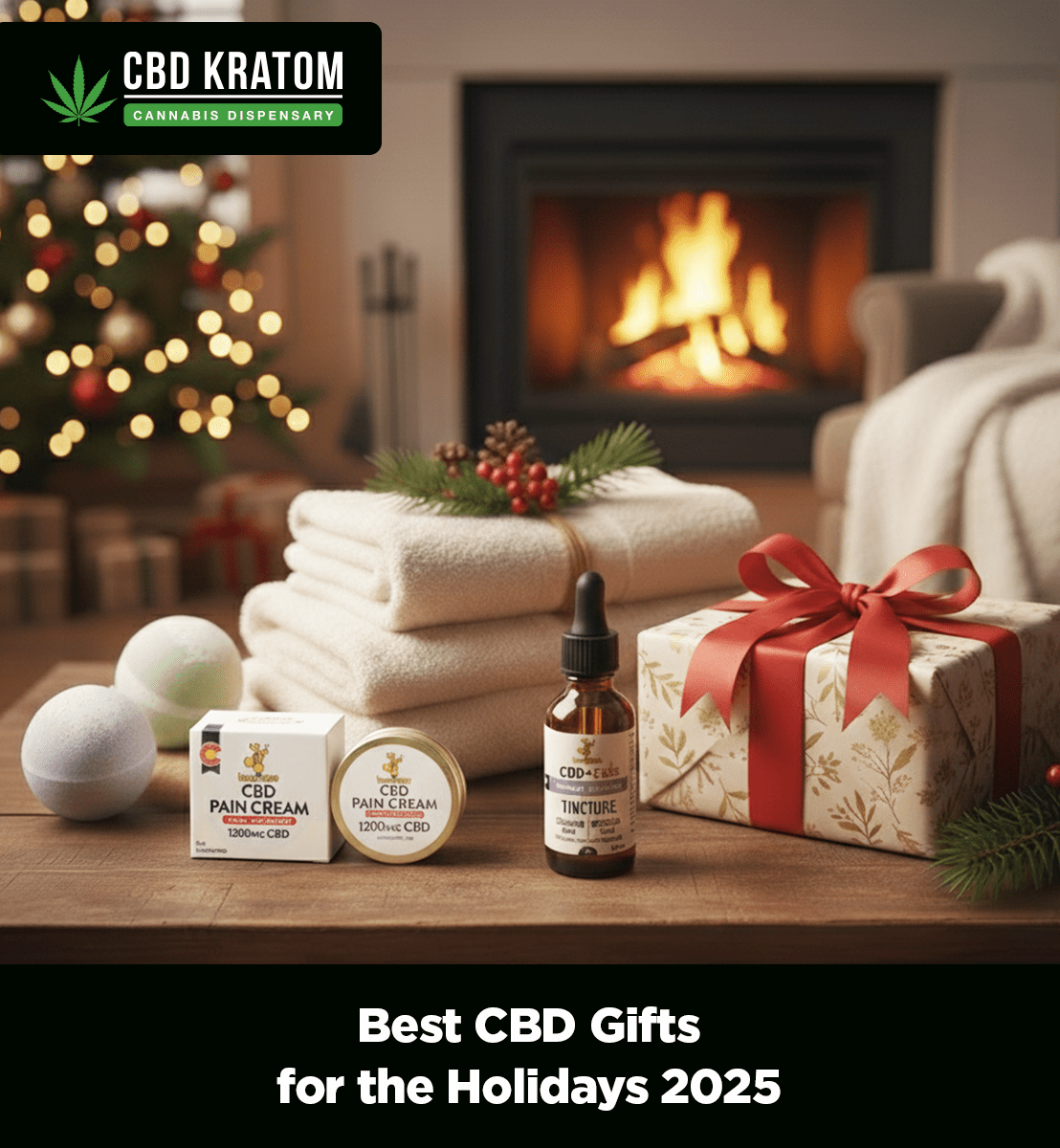President Donald Trump signed a federal spending package into law on November 12, 2025, that includes Section 781 — provisions affecting more than 95% of hemp products currently available in the U.S. Only items containing less than 0.4 mg of total THC per container would remain. That category represents very few real-world products.[1] The measure is part of the Agriculture Appropriations Bill for Fiscal Year 2026, which passed the Senate on November 9 and the House on November 12.[2] Thanks to Senator Rand Paul's efforts, a critical 365-day implementation period was secured — giving us until November 13, 2026 to pursue reasonable regulation instead of prohibition.[3]
Our Mission: 365 Days to Regulate, Not Ban
At CBD Kratom, we believe in responsible regulation that protects consumers while preserving access to federally compliant hemp products. We're working with industry advocates, agricultural groups, and bipartisan lawmakers to replace prohibition with science-based standards.
Timeline: From Senate to President's Desk
365-Day Implementation Period Begins
The hemp industry now has exactly one year to work with Congress on reasonable regulatory alternatives. Industry advocates, including the U.S. Hemp Roundtable, are mobilizing to replace the ban with sensible regulations that protect consumers while preserving the $28.3 billion hemp industry and 300,000+ jobs.[7]
President Trump Signs Bill Into Law
President Donald Trump signed the legislation late Wednesday night, ending the longest government shutdown in U.S. history after 43 days. The bill includes Section 781, which will take effect in 365 days.[1] A White House official confirmed Trump's support for the hemp restrictions earlier in the week.[6]
House Passes Spending Bill with Hemp Provisions
The U.S. House of Representatives voted 222-209 to pass the spending package, largely along party lines. Rep. Thomas Massie (R-KY) and Rep. Greg Steube (R-FL) were the only two Republicans to vote against the bill, joining most Democrats in opposition.[2]
Senator Rand Paul Secures 365-Day Implementation Period
Senator Rand Paul led efforts to remove the hemp ban language, calling it "a backdoor federal ban on hemp." Though his amendment failed 76-24, he successfully secured a critical concession: 365 days before any restrictions could take effect.[5] This gives the hemp industry until November 13, 2026 to pursue reasonable regulation.
Senate Passes Agriculture Appropriations Bill with Section 781
The U.S. Senate passed the Agriculture Appropriations Bill for Fiscal Year 2026 as part of a spending package to end the government shutdown. The bill contains Section 781 provisions that would restrict most hemp-derived THC products, including Delta-8 THC, Delta-9 THC, and THCA products.[4]
What Section 781 Means for Hemp Products
Section 781 fundamentally redefines federal hemp regulations by restricting most products containing hemp-derived cannabinoids. The provision was added to close what some lawmakers called a "loophole" in the 2018 Farm Bill — the same bill that President Trump signed during his first term to legalize hemp.[8]
Key Restrictions Under Section 781:
- Total THC Limit: Hemp products intended for human or animal consumption cannot contain more than 0.4% total THC (including all THC isomers and THCA)[4]
- Per-Container Cap: Finished hemp products are limited to 0.4 mg total THC per container — affecting virtually all current hemp THC products[4]
- Synthetic Cannabinoid Ban: Prohibits cannabinoids that are synthesized or manufactured outside the plant, including Delta-8 THC produced through conversion[4]
- Market Impact: Industry estimates suggest this would eliminate 95% of the current hemp market, threatening $28.3 billion in economic activity[7]
Why We're Still Fighting: The Path Forward
Despite the bill becoming law, the fight is far from over. The 365-day implementation period creates a unique opportunity to replace prohibition with responsible regulation. Here's why we remain optimistic:
1. Strong Congressional Opposition Already Exists
Twenty-three Senators voted against the hemp ban, including unexpected allies like Sen. Ted Cruz (R-TX), who argued for state-level regulation.[9] In the House, lawmakers from both parties — including Reps. Dan Crenshaw (R-TX), Sylvia Garcia (D-TX), and Marc Veasey (D-TX) — have called for removing the hemp language.[10]
2. Regulatory Bills Already in Development
Jim Higdon, cofounder of Cornbread Hemp, told Marijuana Moment this week that industry advocates will work to do just that. "We can get a bill through Congress next year before this 365-day deadline," he said, "and it's time for everybody to come together and focus on what we can get passed in Congress to remediate the worst of it."[2]
Senators Wyden and Merkley are preparing to reintroduce comprehensive hemp regulation that the industry has long supported — frameworks that include:
- Age restrictions and ID verification
- Testing standards and quality control
- Clear labeling requirements
- Support for responsible hemp businesses and American farmers
3. Massive Economic Stakes Will Drive Action
The hemp industry represents:[7]
- $28.3 billion in economic activity
- 300,000+ American jobs
- $1.5 billion in state tax revenue
- Thousands of small businesses and family farms
These economic realities will motivate lawmakers to find a solution that preserves this American industry while addressing legitimate concerns about youth access and product safety.
Senator Rand Paul's Critical Role
Senator Rand Paul (R-KY) emerged as the hemp industry's strongest advocate during the Senate debate. He called the provision "a backdoor federal ban on hemp" and led efforts to strip it from the spending bill.[5]
While his amendment to remove the hemp language failed 76-24, Paul secured the crucial 365-day implementation delay — a victory that gives the industry time to fight back through legislative channels.[3]
Paul argued that the 2018 Farm Bill was meant to support American farmers and create a sustainable agricultural economy, not to criminalize naturally occurring hemp cannabinoids. His position attracted bipartisan support, including from Senators Amy Klobuchar (D-MN) and Tina Smith (D-MN).[5]
Rep. Thomas Massie (R-KY) continued the fight in the House, telling reporters: "I detest the tactics that are being used to try to get this ban enacted into law."[7] He attempted to mirror Paul's amendment in the House but faced resistance from Republican leadership eager to end the shutdown.
The 365-Day Countdown: What Happens Now
With the bill signed into law, we have exactly 365 days until November 13, 2026 to secure reasonable hemp regulation. Here's what to expect in the coming months:
- Immediate Industry Response: The U.S. Hemp Roundtable and other trade organizations are mobilizing members to contact Congress and build support for regulatory alternatives
- Legislative Action: Multiple bills are expected to be introduced in early 2026 that would replace the ban with sensible regulations including age restrictions, testing standards, and clear labeling
- State-Level Developments: States with existing hemp regulations may push back against federal overreach, potentially creating conflicts similar to state cannabis laws
- Legal Challenges: Industry groups are exploring potential legal challenges to the provision, arguing it exceeds congressional authority and contradicts the 2018 Farm Bill's intent
- Consumer Advocacy: Veterans groups, senior organizations, and wellness advocates will demonstrate the importance of preserving access to hemp products
- Business Continuity: Hemp products remain fully legal during the 365-day period — businesses can continue operating while working toward a legislative solution
At CBD Kratom, we remain committed to:
- Maintaining full federal and state compliance
- Providing third-party tested, quality products
- Supporting industry efforts for responsible regulation
- Keeping our customers informed of developments
- Fighting for continued access to hemp-derived wellness products
We Will Not Give Up
This is not the end — it's the beginning of a year-long campaign for common-sense regulation.
We are organized. We are determined. We have bipartisan support, grassroots advocacy, and the truth on our side: prohibition doesn't work, but regulation does.
Together, we will secure a future where hemp products are properly regulated, not banned. Where consumers have access to safe, tested products. Where American farmers and businesses can thrive. 365 days to regulate, not ban.
Our Commitment to You
To our customers — especially seniors, veterans, and others who rely on hemp products for wellness and relief — we will fight tirelessly to protect your access to safe, tested, federally compliant hemp-derived cannabinoids.
To our business partners — we have time, a plan, and significant bipartisan support working with us to pursue reasonable regulation.
Sources
- Jaeger, Kyle. "Trump Signs Bill To Recriminalize Hemp THC Products, Years After Approving Their Legalization." Marijuana Moment. November 12, 2025. https://www.marijuanamoment.net
- Roberts, Chris. "364 days until hemp THC prohibition as President Trump signs ban." MJBizDaily. November 13, 2025. https://mjbizdaily.com
- Paul, Rand. "Amendment to Secure Implementation Period for Section 781." Congressional Record. November 9, 2025.
- U.S. Congress. "Agriculture, Rural Development, Food and Drug Administration, and Related Agencies Appropriations Act, 2026 - Section 781." November 2025. https://www.congress.gov
- "Last-minute addition to Congress spending bill could criminalize THC drinks." CBS 8 San Diego. November 12, 2025. https://www.cbs8.com
- Yu, Isaac. "Donald Trump signs THC ban, dealing blow to Texas hemp industry." Houston Chronicle. November 12, 2025. https://www.houstonchronicle.com
- "Industry Stakeholders React to Trump-Signed Federal Hemp Product Ban." Cannabis Business Times. November 13, 2025. https://www.cannabisbusinesstimes.com
- U.S. Department of Agriculture. "Agricultural Improvement Act of 2018 (2018 Farm Bill)." USDA.gov. December 20, 2018. https://www.usda.gov/farmbill
- "Congress bans most hemp-based THC products in shutdown deal." Texas Tribune. November 13, 2025. https://www.texastribune.org
- Merrill, Jeremy B. "Congress tightens hemp rules, stirring protest from some cannabis growers." The Washington Post. November 13, 2025. https://www.washingtonpost.com






